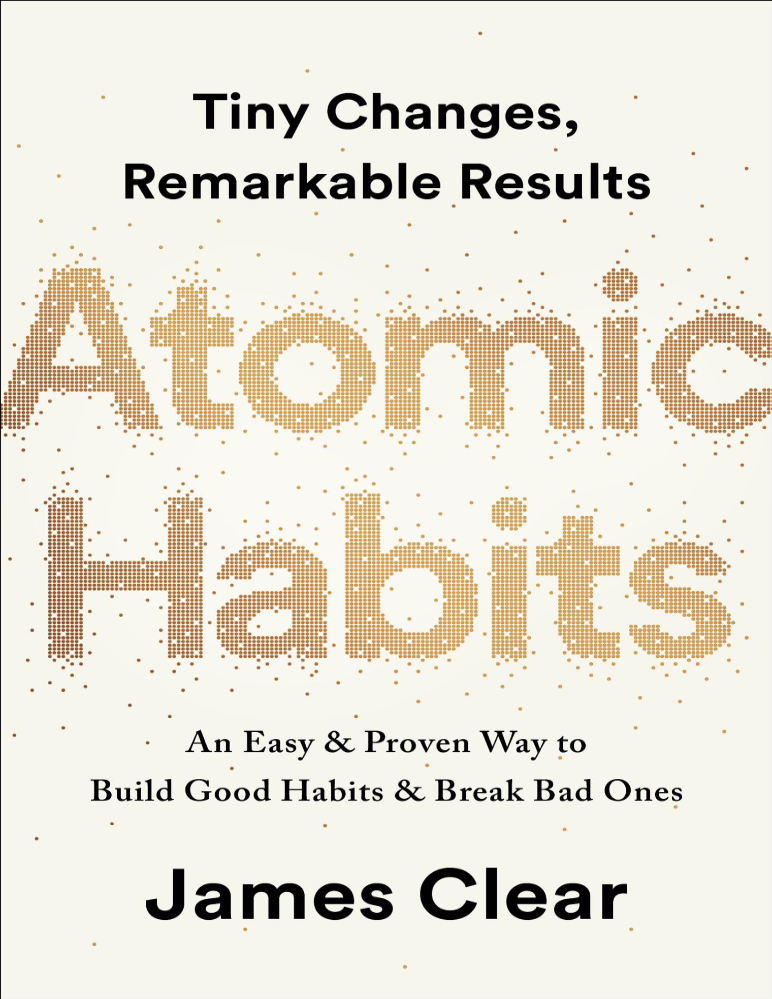summary
It’s not about motivation; it’s about systems that lead to success. Small changes add up to big results.
The Four Rules for Changing Behavior
1. Give a Hint (Cue)
Habit Stacking: Combine new habits with old ones
“After [CURRENT HABIT], I will [NEW HABIT].”
For example, “I’ll floss one tooth after I brush my teeth.”
Designing the Environment:
Want to read more? Put books on your pillow.
Want to eat well? Put pre-cut vegetables right in front of you in the fridge.
2. Make It Look Good (Craving)
Temptation Bundling: Connect habits you need with habits you want.
“Watch Netflix only while you’re on the treadmill.”
Join a culture: Be around people who have the habits you want to have.
3. Make It Easy (Response) The Two-Minute Rule:
Start new habits in small doses, like “Read one page.”
First, get the gateway habit down.
Less Friction:
The night before, I packed my gym bag.
Put the phone charger far away from the bed so you don’t scroll.
4. Make It Satisfying (Reward) Immediate Reinforcement:
Use a visual calendar to keep track of your habits (X-effect)
Small wins change who you are (“I’m a runner”)
Responsibility:
Habit contracts, like paying a friend if you miss a workout,
Insights that change the game: The Plateau of Latent Potential
You don’t think habits are useful until you reach a certain point, like when ice melts at 32°F.
1% Better Every Day
Small gains add up: *1.01³⁶⁵ = 37.78x better per year*
🔹 Who You Are Over What You Do
“The goal isn’t to read a book; it’s to become a reader.”
Uses in the Real World 💰 Finance: Make it easy to save money by automating it. Fitness: Make it clear by laying out your workout clothes the night before.
📚 Learning: Go to the same coffee shop every day to study (environment design)
Why It Works
Clear combines neuroscience and behavioral psychology with steps you can take.
Great for:
People who quit habits
People who set too many goals
Anyone sick of “starting Monday”
Try this tonight: add one small habit to your routine by stacking habits.
